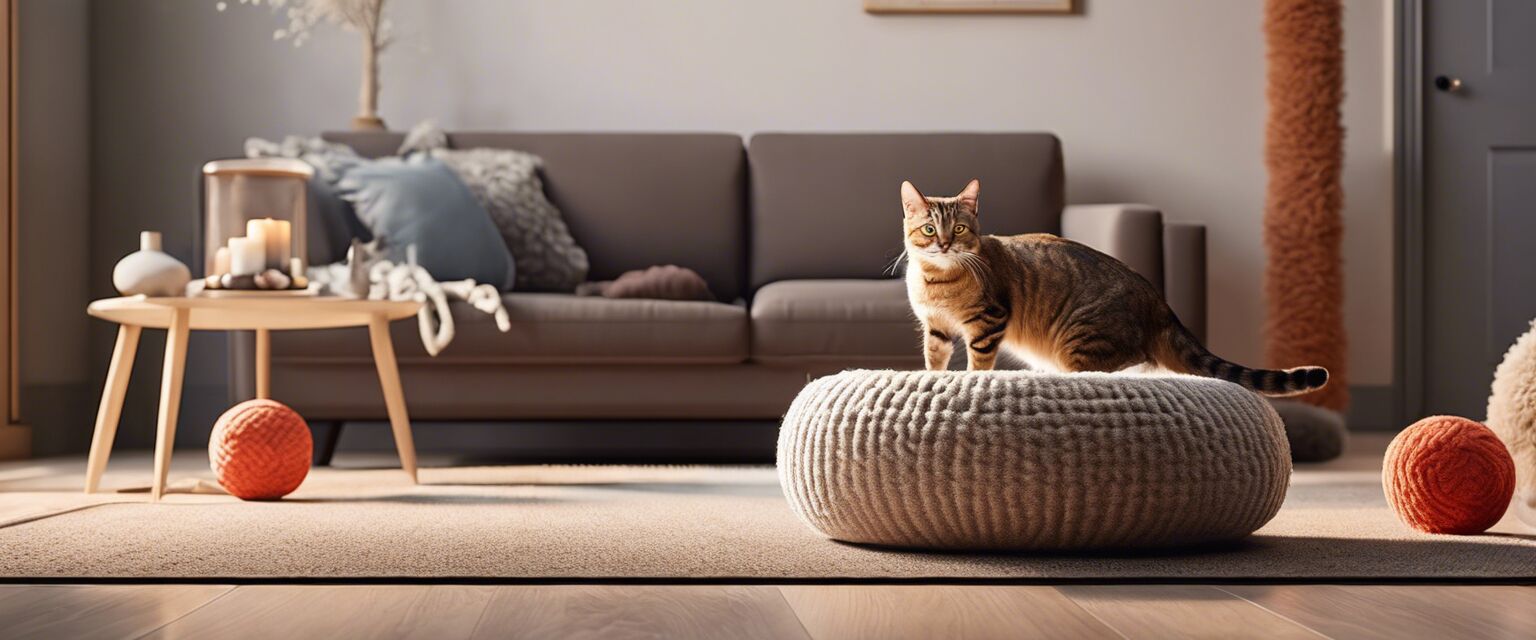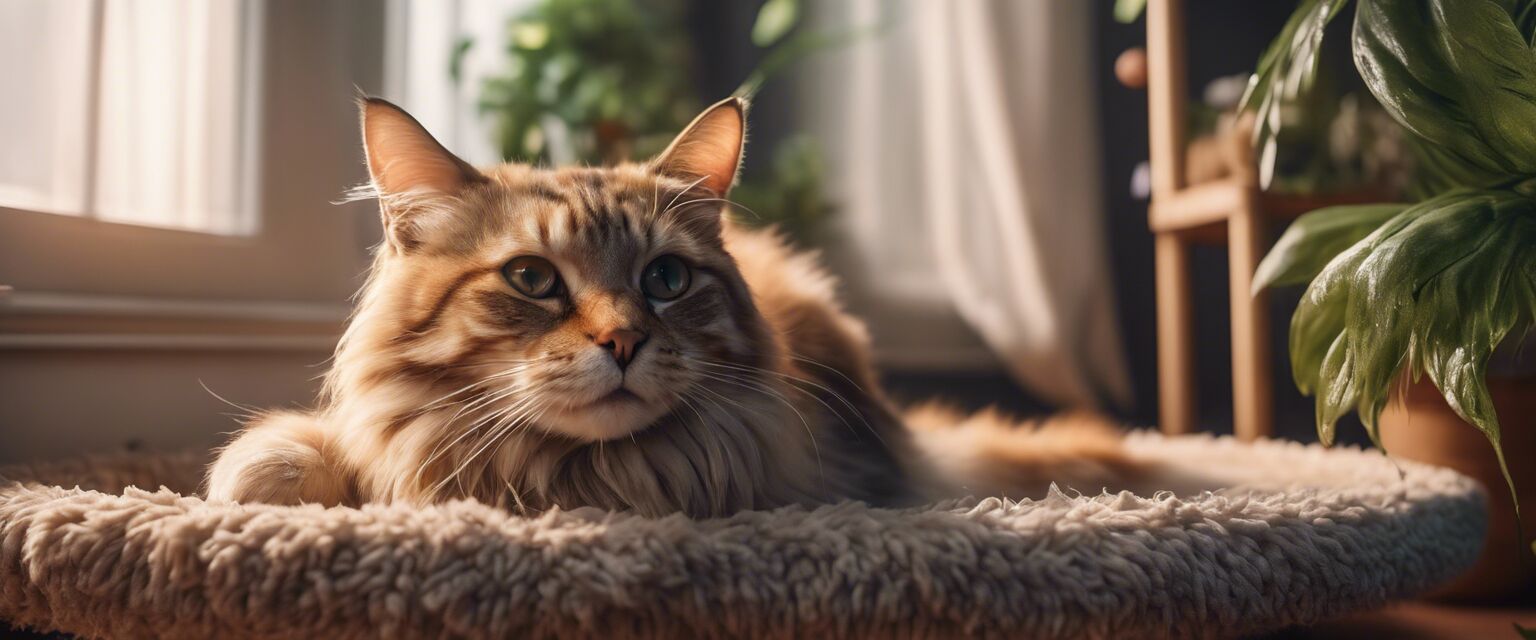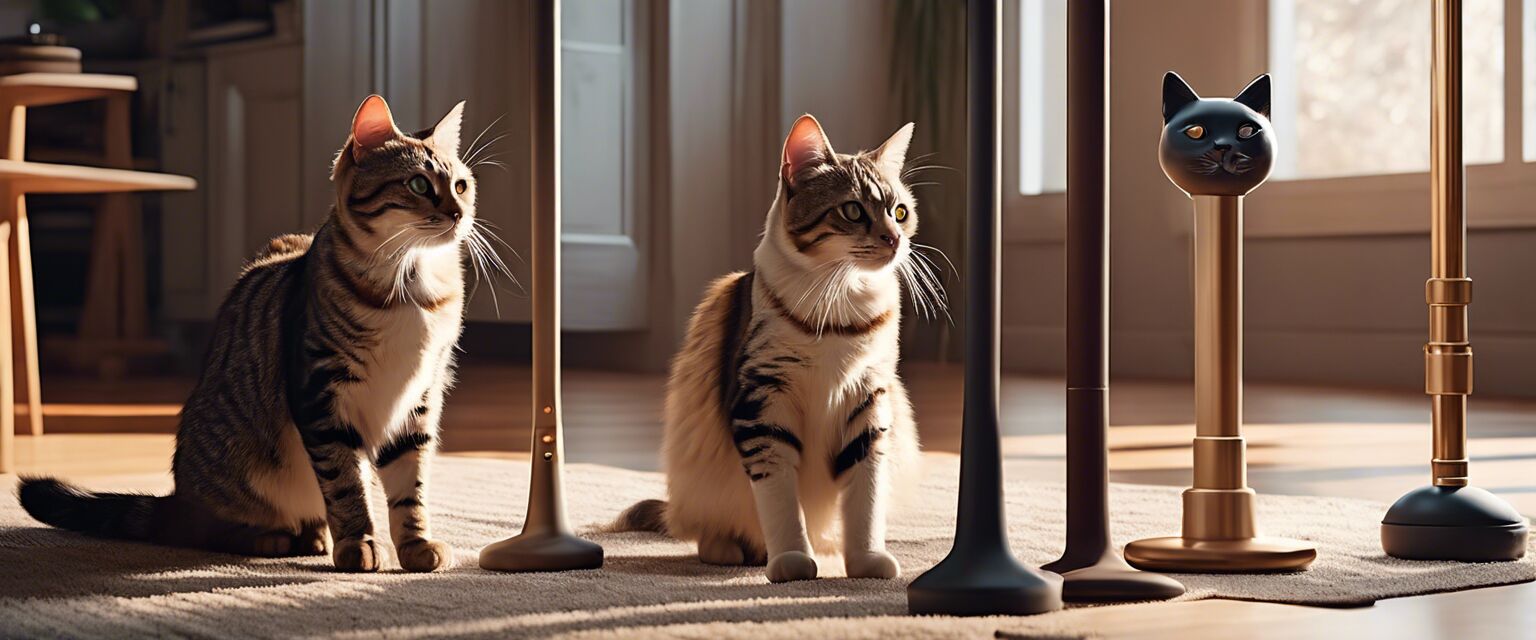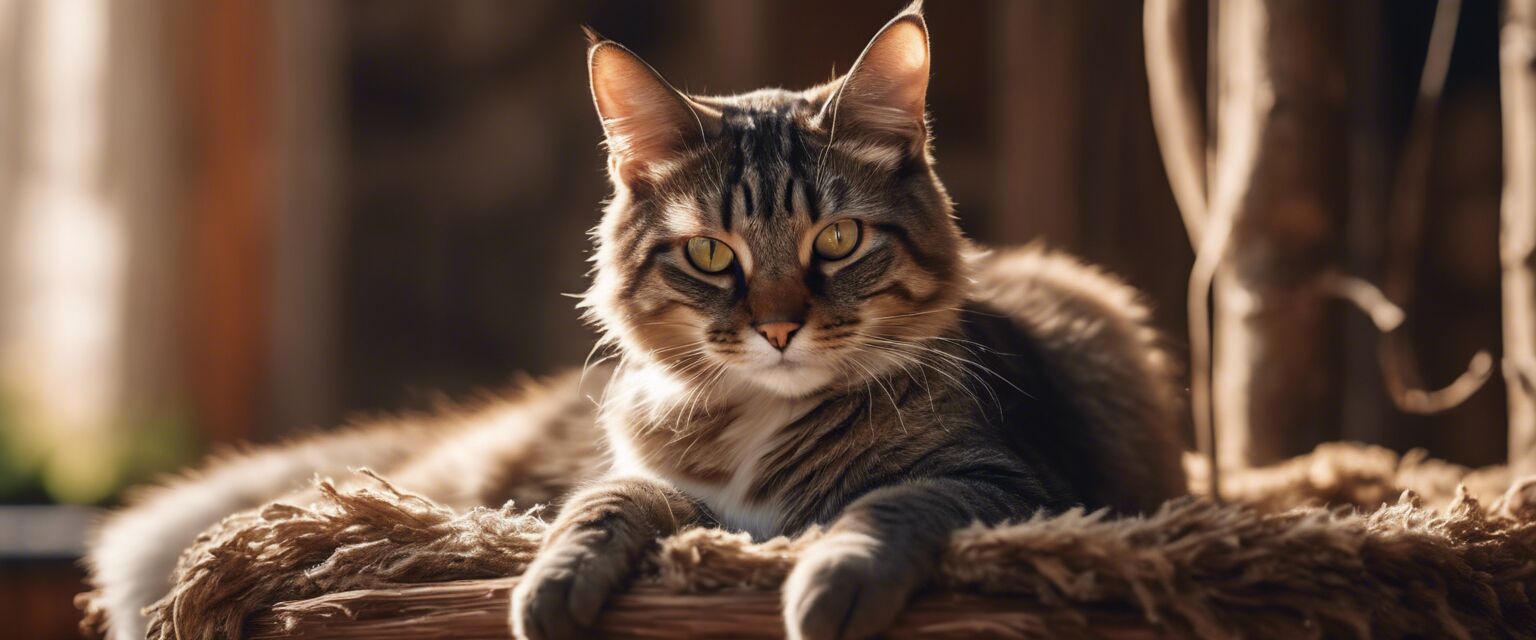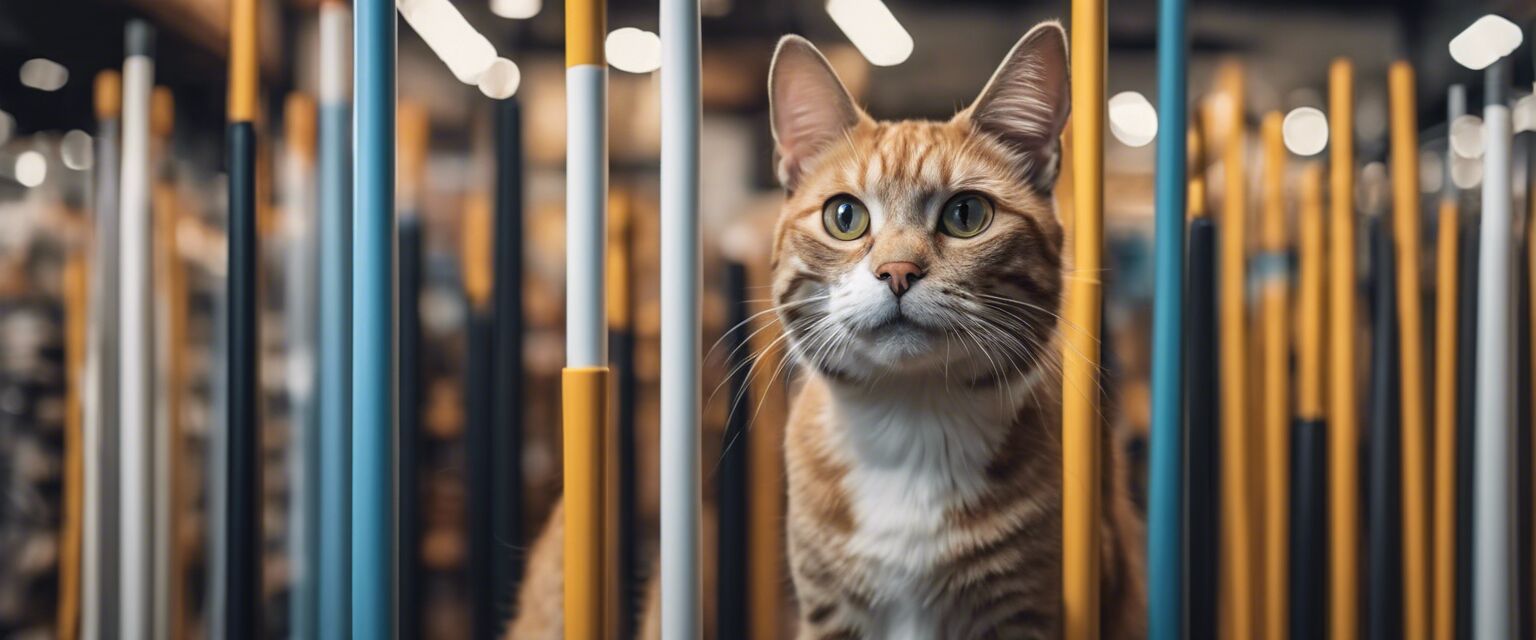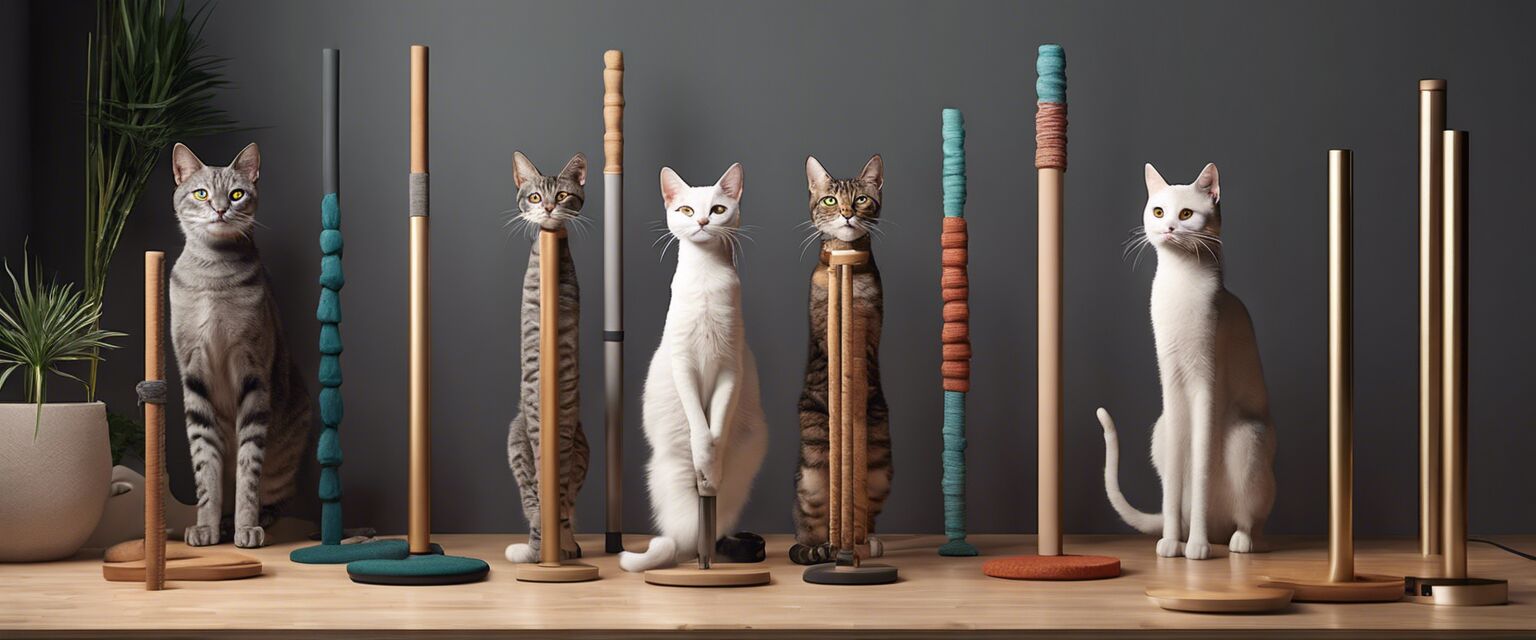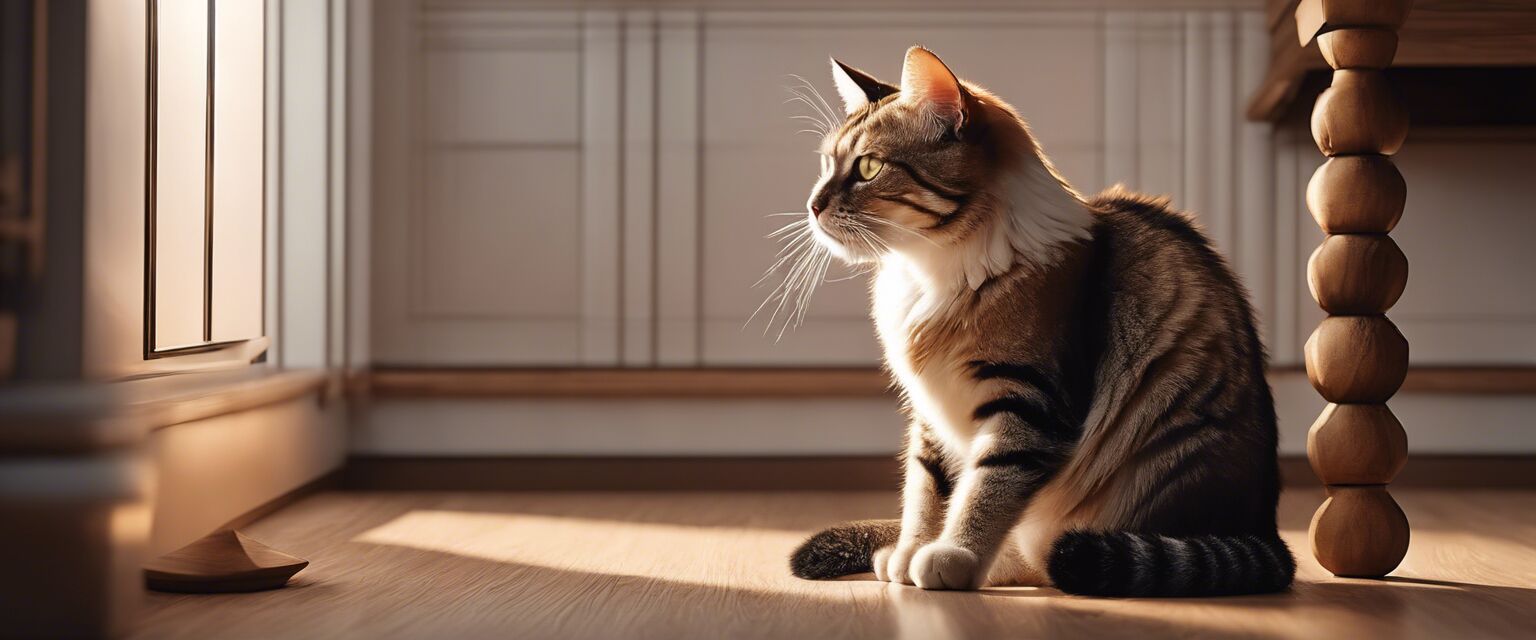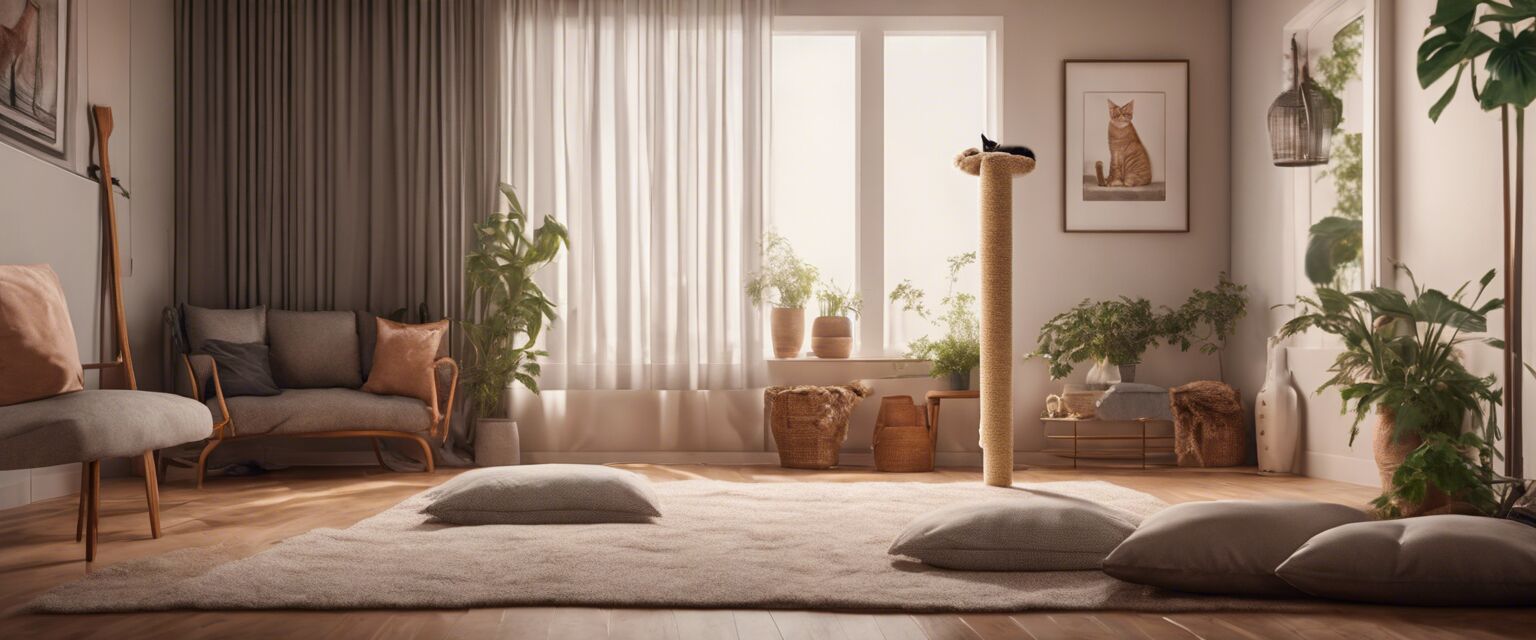
Choosing the Right Cat Pole
Key Takeaways
- Consider your cat's size and behavior when choosing a cat pole.
- Materials matterâopt for durable and safe options.
- Different designs serve different needs; choose one that fits your space.
- Look for added features like toys and perches to keep your cat engaged.
Finding the perfect cat pole for your feline friend can be a daunting task. With so many options available, itâs essential to consider your cat's preferences and your home environment. This guide will help you navigate through the choices to select the best cat pole for your furry companion.
Why Your Cat Needs a Cat Pole
Cat poles are not just a luxury; they are essential for your cat's well-being. Here are several reasons why investing in a cat pole is a great idea:
- Encourages healthy scratching habits.
- Provides a safe space for climbing and exploring.
- Reduces stress and anxiety.
- Helps to keep your furniture safe from claws.
Types of Cat Poles
When choosing a cat pole, understanding the different types available is crucial. Hereâs a quick overview:
| Type | Description | Best For |
|---|---|---|
| Compact Cat Poles | Small and space-efficient, perfect for apartments. | Small spaces and kittens. |
| Eco-Friendly Cat Poles | Made from sustainable materials, ideal for the eco-conscious. | Environmentally friendly households. |
| Floor-to-Ceiling Cat Poles | Maximizes vertical space for climbing. | Multi-cat households or large cats. |
| Luxury Cat Poles | Stylish designs with premium materials. | Home decor enthusiasts. |
| Modern Cat Poles | Contemporary designs that blend with home aesthetics. | Stylish homes. |
| Outdoor Cat Poles | Durable and weather-resistant for outdoor use. | Outdoor cats or gardens. |
How to Choose the Right Cat Pole
Choosing the right cat pole involves several factors. Here are some tips to consider:
Tips for Beginners
- Assess your cat's size and weight.
- Consider the space available in your home.
- Look for sturdy materials that can withstand vigorous scratching.
- Check for safety features, such as anti-tip designs.
- Incorporate your cat's play style; some cats prefer climbing, while others love scratching.
Materials Used in Cat Poles
The materials used in cat poles can significantly affect their durability and safety. Common materials include:
- Wood: Sturdy and aesthetically pleasing.
- Cardboard: Affordable but less durable.
- Carpet: Soft and ideal for scratching.
- Rope: Natural sisal is preferred for scratching posts.
Essential Features to Look For
When selecting a cat pole, consider these essential features:
- Height: Ensure itâs tall enough for your cat to stretch.
- Base stability: A wider base helps prevent tipping.
- Scratching surfaces: Multiple surfaces keep your cat engaged.
- Additional accessories: Toys, perches, and hammocks add fun.
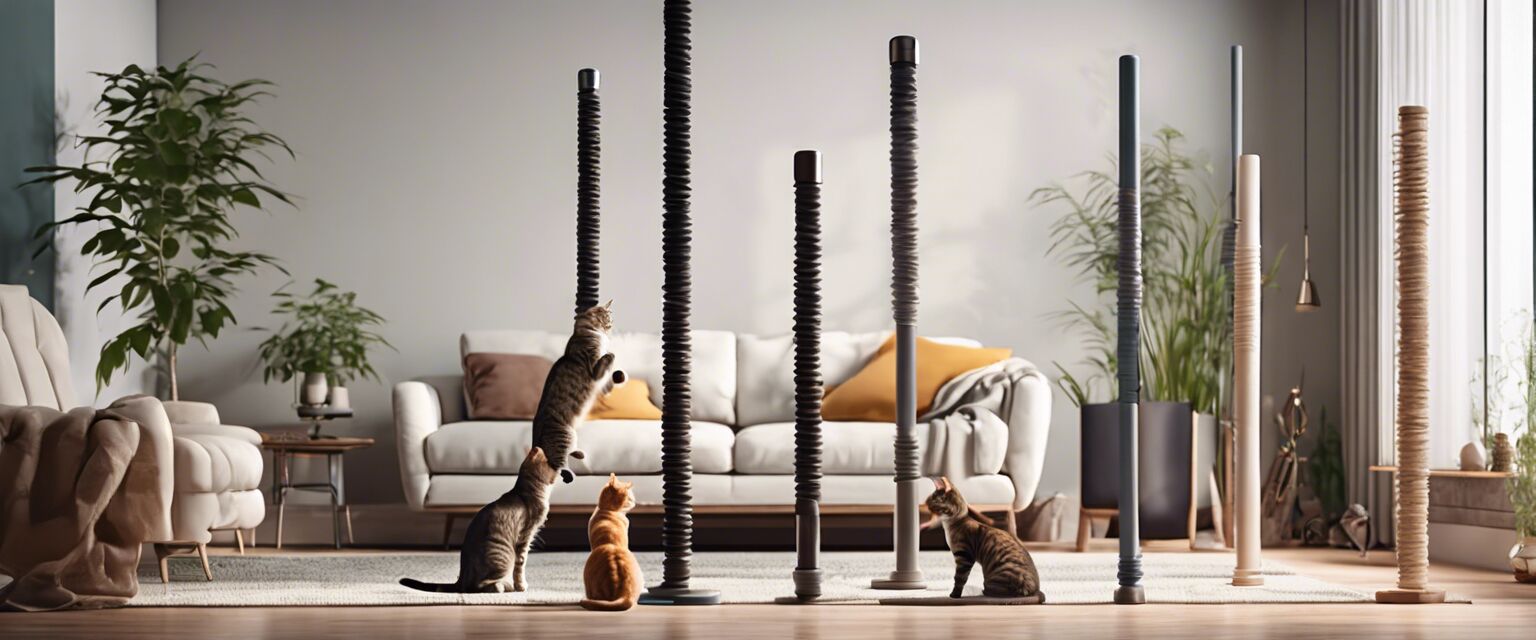
Creating a Cat-Friendly Space
Integrate the cat pole into a dedicated cat space that encourages play and relaxation. Consider these tips:
- Place the cat pole near a window for natural light and bird watching.
- Combine the cat pole with other cat furniture like beds and toys.
- Ensure the area is free of hazards like wires or fragile items.
Maintenance Tips for Cat Poles
To keep your cat pole in top condition, follow these maintenance tips:
- Regularly check for loose parts or wear and tear.
- Vacuum the surfaces to remove hair and debris.
- Replace scratching posts if they become too worn.
Conclusion
Choosing the right cat pole is an important decision for both you and your feline friend. By considering your cat's needs, your space, and the various options available, you can find a cat pole that not only fits your home but also provides your cat with a fun and engaging environment. Explore our product categories for more options:
- Compact Cat Poles
- Eco-Friendly Cat Poles
- Floor-to-Ceiling Cat Poles
- Luxury Cat Poles
- Modern Cat Poles
- Outdoor Cat Poles
Pros
- Provides physical exercise for your cat.
- Offers a safe outlet for scratching behavior.
- Enhances your homeâs decor with stylish designs.
- Promotes mental stimulation with climbing and playing.
Cons
- Can take up significant space in smaller homes.
- Some materials may not withstand heavy use.
- Initial investment can be high for quality options.
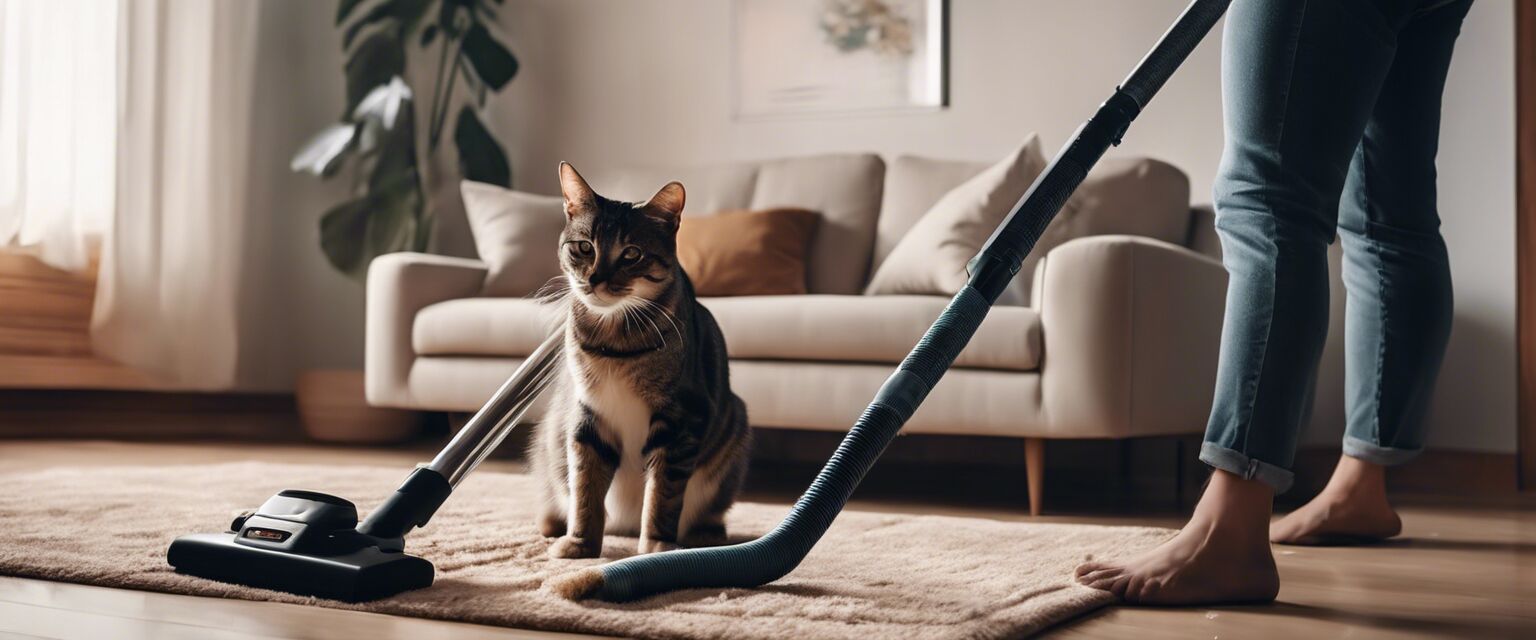
"A happy cat is a healthy catâensure they have the right environment to thrive!"
